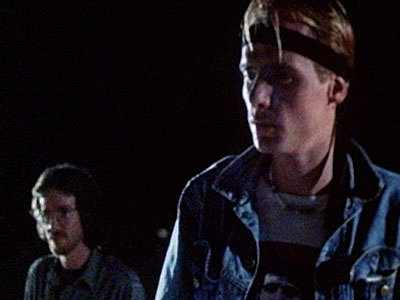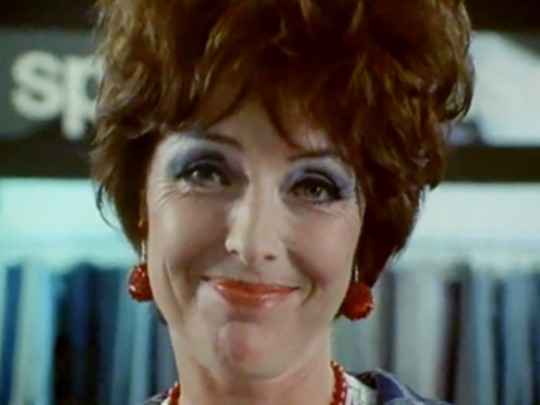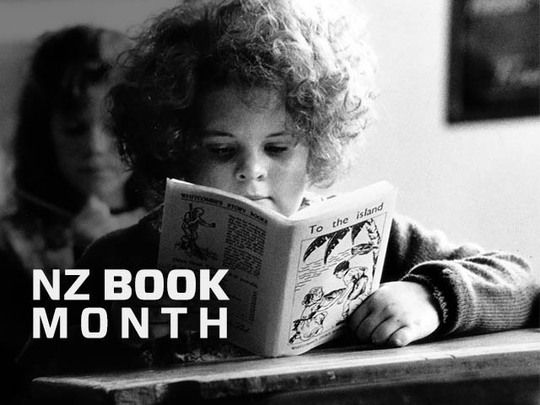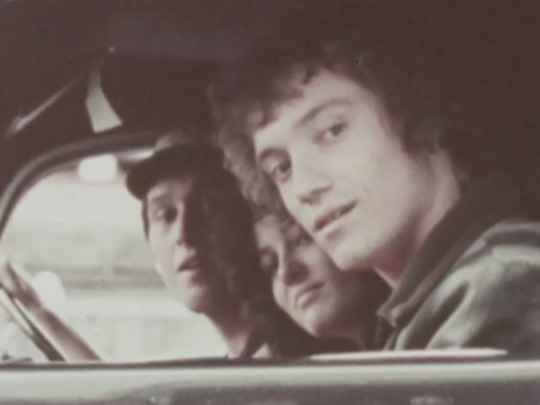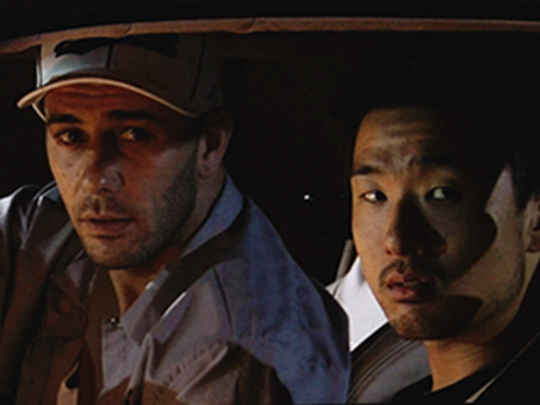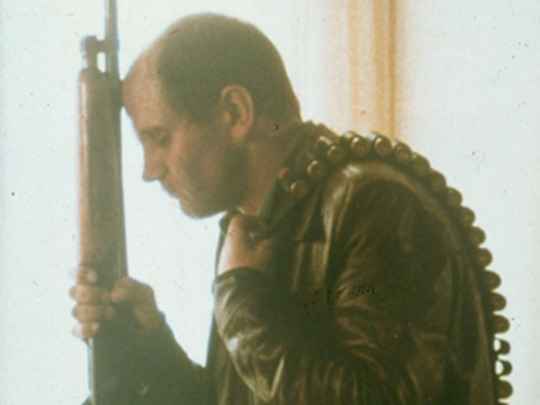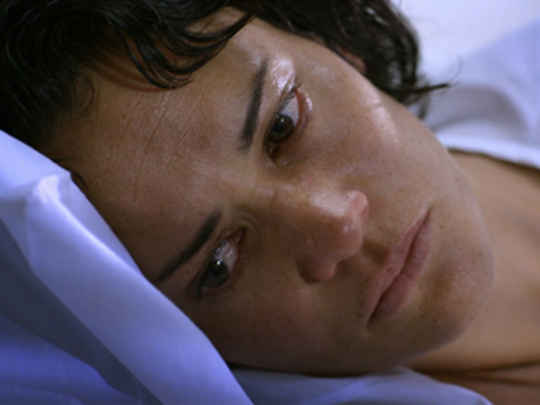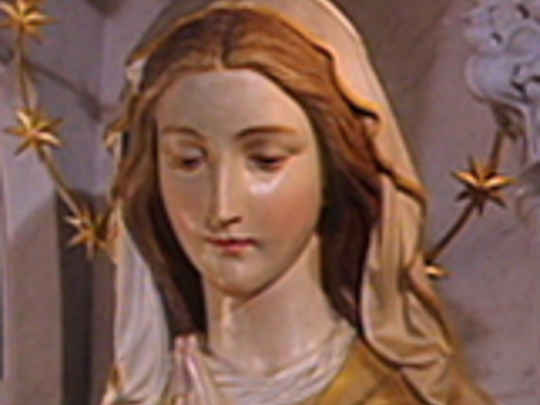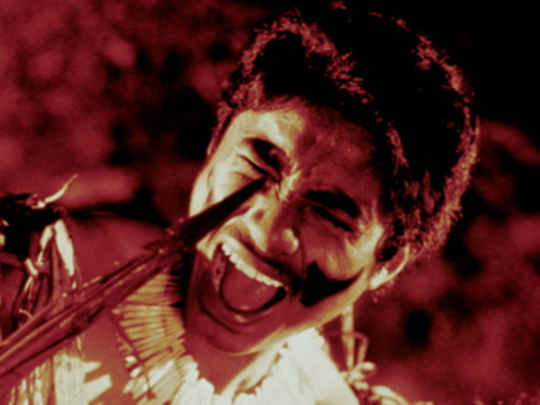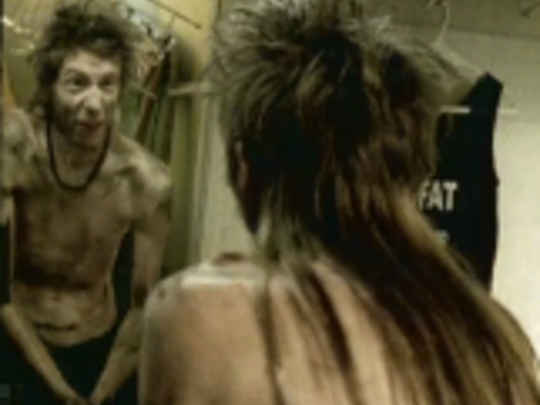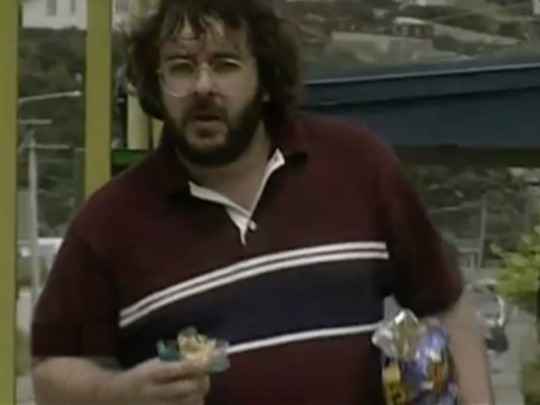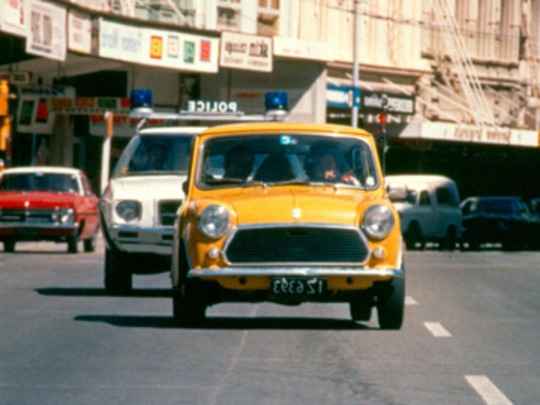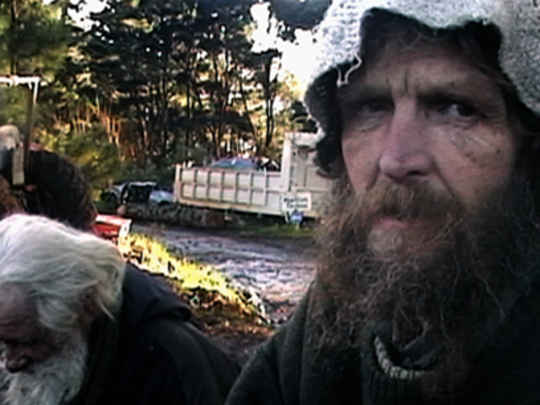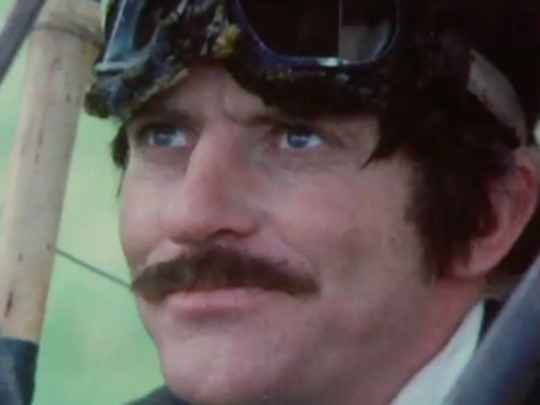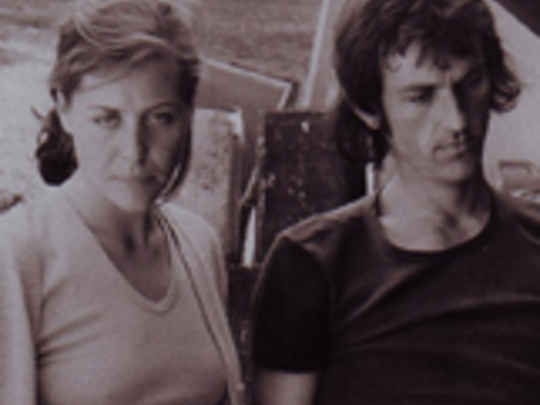About Face - Universal Drive
Television (Full Length) – 1985
Showcasing some new faces
Directors often find themselves caught in a waiting room between their early short films, and their first full-length feature. How do you go about building up filmmaking experience, and ensure potential talent is not being lost to the screen industry?
In the days before film courses, 48 hour film contests and cheap digital moviemaking, these could be tricky questions indeed. 1985's About Face was an attempt at an answer: seven contemporary dramas for television. Seven dramas which allowed a new wave of writers and directors to stretch out and tell a story that was longer than a short, shorter than Utu, and different from the television norm.
Peter Wells— who directed the Jewel's Darl episode — put it like this: "It was low-budget, fast turn-around, yet high quality, quite individualized drama. Each one was completely different, and it was like making seven mini-features very quickly."
Film-wise, not a lot was going on in 1984. The Government had just closed off tax loopholes, sending private investment scurrying. Frustrated by a lack of funding, Wells, Gregor Nicholas and other independent filmmakers formed the New Film Group. Among other ideas, they proposed a package of short dramas for television, knowing TV programmers prefer regularity over individual short films.
The NFG took their idea for an anthology series to producers Bridget Ikin and John Maynard (working under the banner of Ikin's company Hibiscus Films). The NZ Film Commission, keen to support new filmmakers, agreed to invest, alongside a finance company. Networks in England and New York bought the results, and five of About Face's directors would go on to direct feature films — with a sixth working extensively in television.
But first Ikin had to whittle roughly 150 script ideas down to seven; keeping her eye out for non-racist, non-sexist ideas that suited a half hour running time.
Each director was given a relatively generous two weeks to shoot, while the producers frantically juggled seven balls. The creative team often swapped jobs between episodes, as had occured on previous anthology series Winners and Losers.
The episodes screened in the following order (with directors in brackets):
1) Danny and Raewyn (Gregor Nicholas) - a portrait of a decaying relationship in suburbia
2) The Lamb of God (Costa Botes) - a horror-comedy about sheep staging a revolution
3) A Fitting Tribute (Greg Stitt) - a tale of a mythmaking Kiwi legend
4) Jewel's Darl (Peter Wells) - life for a transsexual and "her darl"
5) Return Journey (Shereen Maloney) - a mother and daughter recall past differences
6) Universal Drive (Martyn Sanderson) - conflicts between a car loving brother and sister
7) My First Suit (Stewart Main) - a gay teen's coming of age
Although not officially part of About Face, Rud's Wife (Alison Maclean) screened at the tail end of the series.
The scripts chosen reflected a desire to move beyond familiar staples of the Kiwi screen — the macho, the rural, the romanticised — and mine drama from tales of ordinary people. Six of the seven stories were set in the city. Three episodes had women on the writing team, and five put women actors into key roles. Roughly half the writers and directors had never made a drama before.
Completed in 1985, About Face debuted in August 1986, at 10pm. The late time-slot was a compromise; television executives originally wanted to drop the Jewel's Darl episode entirely, arguing it violated public standards (starring future MP Georgina Beyer, it also featured strongly in the show's generally impressive reviews).
The signs About Face was on the right track began to appear even before it went on air. In-house TVNZ productions themselves begun looking in different directions — drama series Roche (1985) and Open House (which debuted two months before About Face) also shared working class characters, urban settings, and meatier female roles.
Producer Bridget Ikin remarked in 1986: "we took a lot of risks, working with directors and writers who hadn't been involved with narrative drama before. The series vindicates our belief that it is necessary to take risks like that."
The Return Journey episode received a Merit Award at the 1985 Chicago Film Festival. In 1987 About Face was nominated for five Gofta Awards. It was a finalist in Best Drama Series. Jewel's Darl was nominated for Best Writing for a Drama: (Anne Kennedy and Peter Wells), Director (Peter Wells) and Single Drama Programme.
Three of the five nominations for Best Performance by a Female in a Dramatic Role (including Danny and Raewyn winner Jennifer Ward-Lealand) were from About Face episodes. The other actress nominations came from a show whose title perhaps best encapsulated the About Face mission: Open House.
- Ian Pryor is Editor of NZ On Screen.
